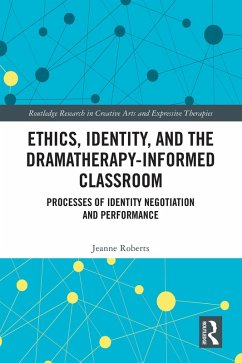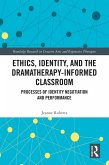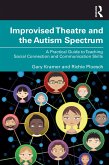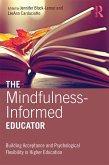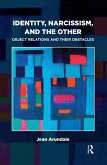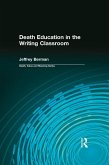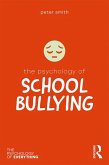Arguing for the retention of process-based exploratory drama on the curriculum, chapters critique the impact of neoliberalism and managerialism on the development of young people's ethics and values. Using concepts such as aesthetic distance, encoding, the role of audience and witness, and the contrast between individual, multi, and group roles, to enable students to develop as thinking, reflecting people, the book argues that dramatherapy should not be limited to clinical settings, disconnected from classrooms and the pedagogical contributions that it can make. By absorbing dramatherapy into the broader field of education, an expanded understanding of the concept of the managed classroom space can be gained, based on an understanding of the multiple embodied psychosocial relational processes at play in the drama classroom.
This innately multidisciplinary book will be of use to scholars, researchers, and postgraduate students studying drama education, dramatherapy, and curriculum studies more broadly. Drama teachers and educators will also find this volume of use.
Dieser Download kann aus rechtlichen Gründen nur mit Rechnungsadresse in A, B, BG, CY, CZ, D, DK, EW, E, FIN, F, GR, HR, H, IRL, I, LT, L, LR, M, NL, PL, P, R, S, SLO, SK ausgeliefert werden.

